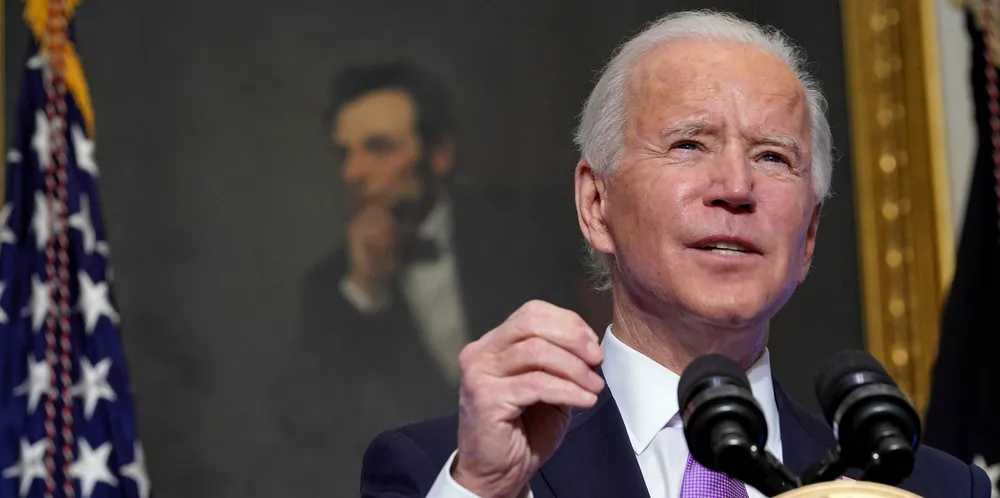Should the seafood industry fear a Joe Biden presidency?
The administration's main priorities may affect the seafood industry in big ways -- but could the opportunities even out the pitfalls?

The administration's main priorities may affect the seafood industry in big ways -- but could the opportunities even out the pitfalls?
